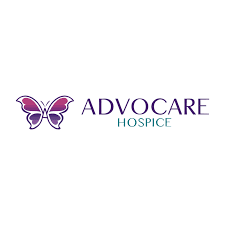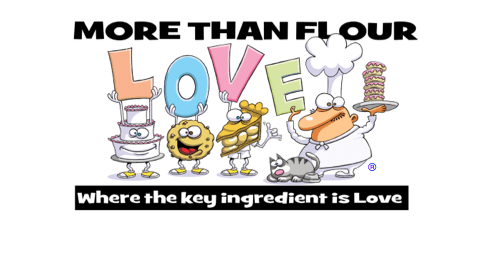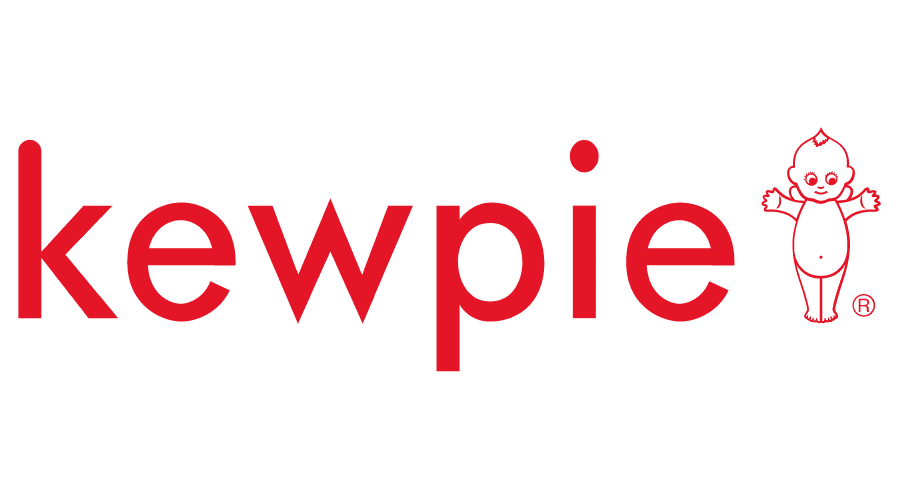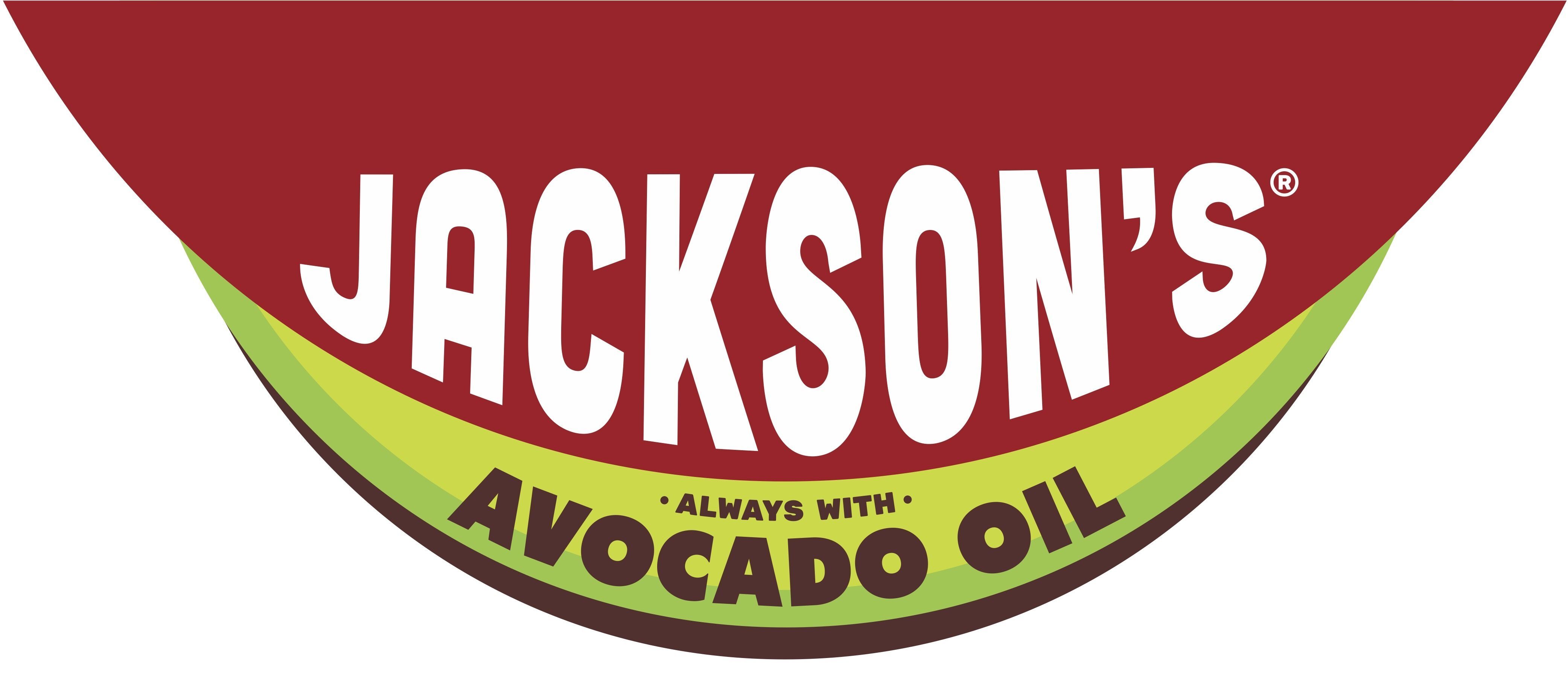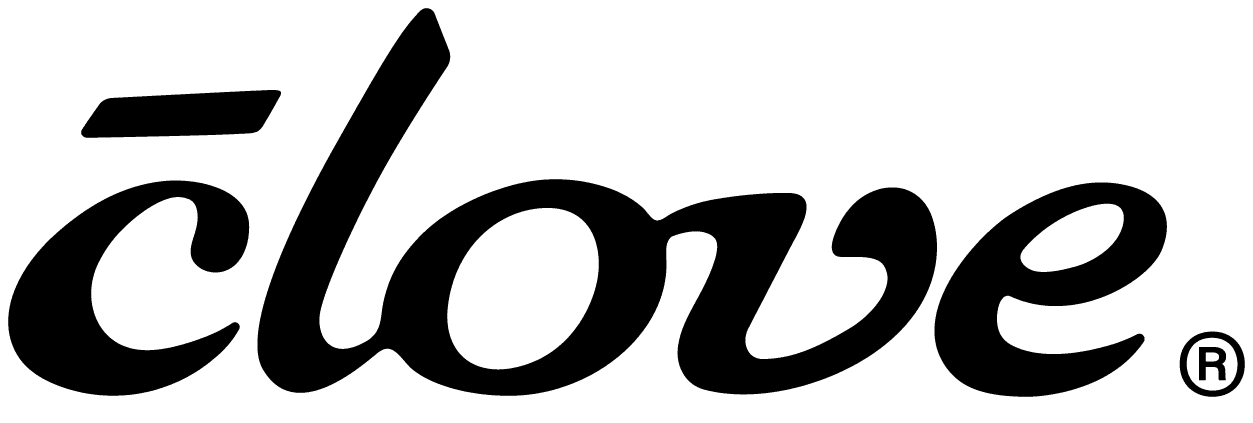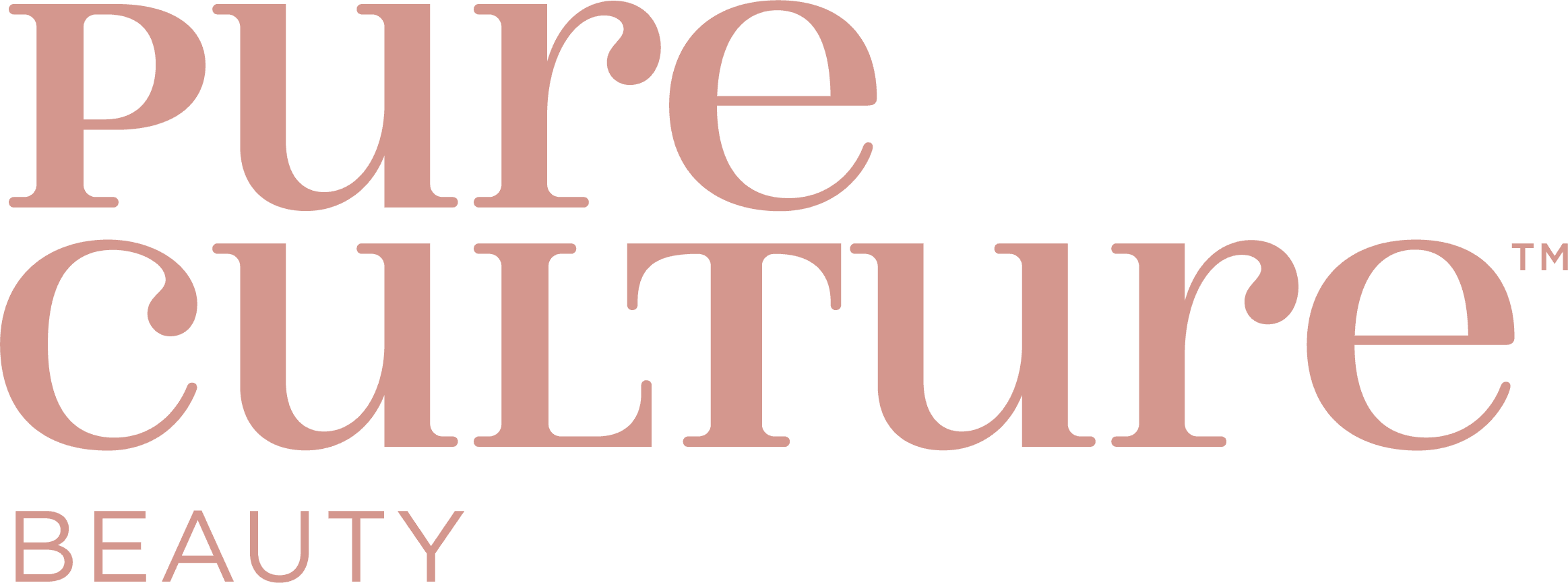Thank You to Our Heroes!
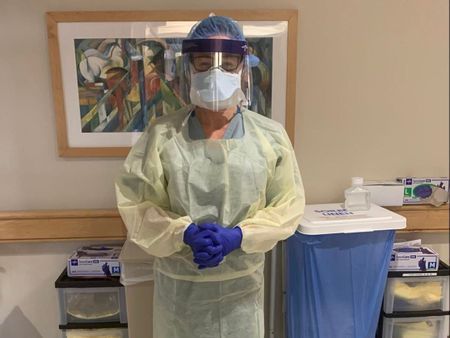
Simpsonville Nurse Anesthetist, April Klein
Today we want to honor April Klein, RN, a Nurse Anesthetist from Simpsonville, South Carolina. Here is her story in her own words.
It wasn’t the bright lights of Broadway that called me to New York City. It was an 800-bed hospital on the Lower East Side filled with COVID-19 patients and overwhelmed health care providers.
As a certified registered nurse anesthetist, I give anesthesia for a living. My education, experience and ability to manage critically ill patients, intubate airways and operate ventilators makes me a health care professional whose capabilities are especially valuable during a health care crisis in which the enemy is a virus that attacks patients’ lungs. But because elective surgical cases had been canceled throughout South Carolina and around the country, I found myself on the sidelines. I couldn’t stand knowing that my health care colleagues in New York and other hot spots needed front-line reinforcements.
My husband, Gary, was 100% supportive of my desire to go to New York. He told me he would be worried, but he knows I’m driven by service and it’s important for me to feel purposeful. My job might have been riskier, but I am convinced his was harder: staying behind and caring for our three children.
It probably was the hardest goodbye I have ever said, because I knew I was jumping feet-first into the fire. I took with me handmade cards from my kids, and I left behind a freezer full of homemade food — a hug from Mom at dinnertime.
I arrived on April 5, part of the first deployment of out-of-state CRNAs to travel to New York to lend support. After hearing so much about supply shortages in the hot spots, I brought my own scrubs and N95 masks just to be on the safe side. The only other clothes I brought with me were items I could leave behind.
During my time in New York, I worked 10 12-hour shifts in 15 days. The supervisor and team leader for our deployment told us we would see a lot of death, but we had no idea. I quickly learned one irrefutable truth: This coronavirus is unpredictable, plays no favorites, spreads like wildfire and is taking a lot of lives.
Another irrefutable truth: Many patients who survive their ordeal suffer permanent organ damage and other deficits. The best way to beat this awful disease is to avoid catching it in the first place.
The work in New York was physically and emotionally draining. Every shift I repeated the time-consuming process of decontamination and donning personal protective equipment to treat patients over and again. My patients had to suffer alone because their family members were not allowed to be with them. The only human contact many of them had was with health care providers in gowns, gloves, masks and face shields. I was determined to do everything I could to reunite my patients with their families, because I could not imagine dying alone in a hospital bed. But each morning when I arrived for work, another patient I had gotten to know the day before would be gone.
Compared to what my patients and their families endured, it was easy to keep my separation from my own family in perspective. We communicated a lot via FaceTime, and every morning, I created a short video on my cellphone to send my kids so they could start their day with a message from Mom.
The patient care was as exhilarating as it was draining. I suppose one would need to be a health care professional to fully understand that, but I had come to New York to make a difference for patients and providers alike, and that’s exactly what I did. For as long as I live, I will never forget leaving the hospital with colleagues after my inaugural shift and being cheered by police officers and fire fighters lining the sidewalks. To be applauded by people who I have always looked up to as heroes was nothing short of amazing.
I got back home on April 20 and am self-quarantining for two weeks in the walk-out basement of our home. It’s great to be back with my family, even if I need to wear my N95 mask to interact with them. Two weeks seems like a long time, but it’s not forever.
To the many front-line health care providers I worked with in New York, I want to say thank you for the incredible, selfless work you are doing. Stay healthy.
Thank you April for your commitment, dedication, and compassion for your patients and communities.
If you have a story and pictures of a front line nurse you would like us to highlight on our website and social media, please email them to us at info@helphopehonor.org.
OUR DONORS
-
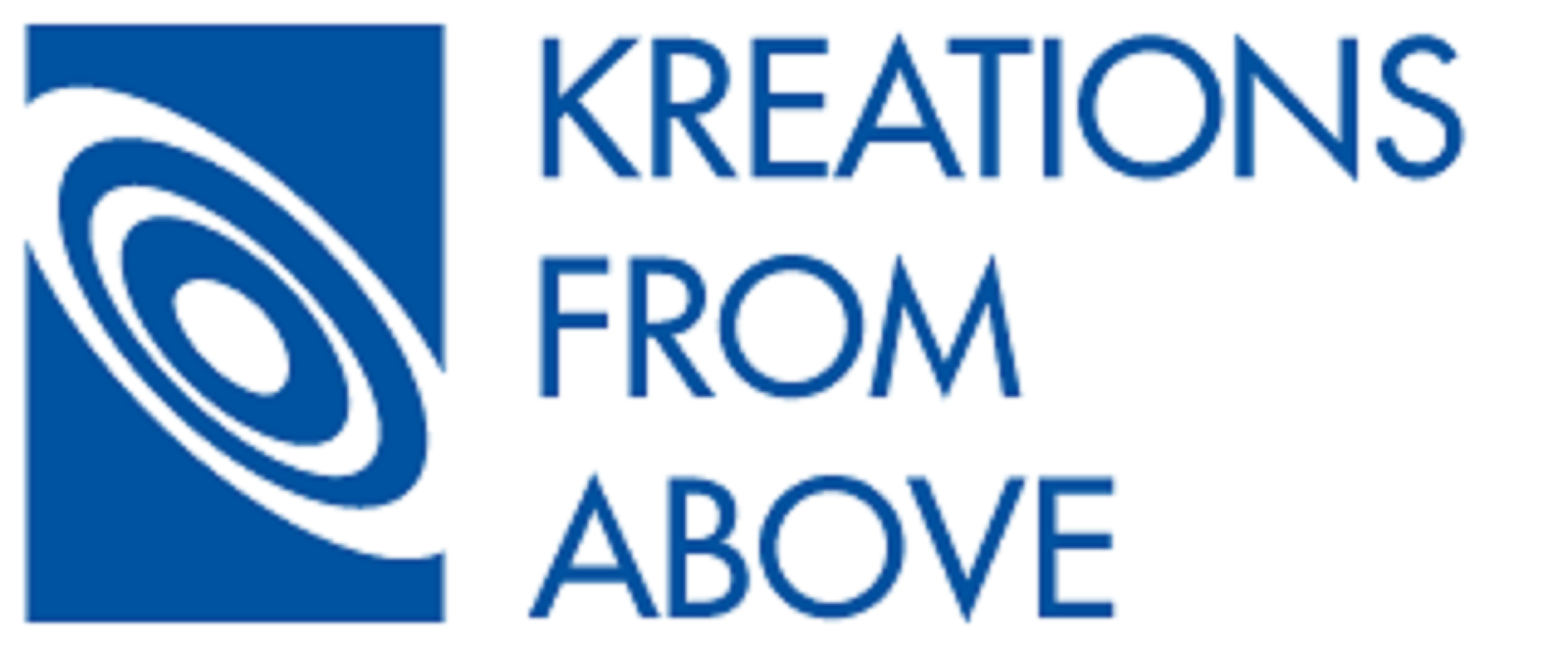 KFA DJ Ken Ito
KFA DJ Ken Ito

